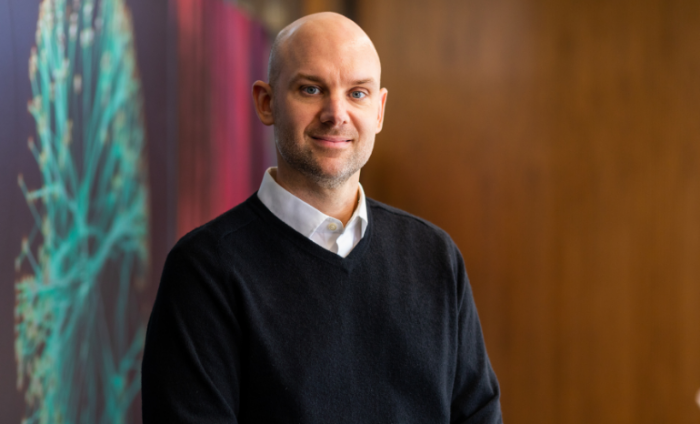
UCL School of Management Associate Professor Anthony Klotz has featured in a number of prominent news outlets recently to discuss the impact of the COVID-19 pandemic and ‘The Great Resignation’ on the global workforce. Sitting down with Australia’s HRM and Greece’s leading Sunday newspaper, To Vima, Anthony also shares his predictions and theories on what workplaces will look like in 2023, and what this ultimately means for both employers and employees.
Throughout the pandemic, the nature of the workforce changed considerably. Remote working surged, employers were forced to become more flexible, and employees ultimately had more time to reflect on the prominence of work in their lives. It caused a powerful and notable shift in employee attitudes towards work, Anthony argues, and resignations in particular. ‘It was sort of taboo to talk about quitting and resignations before this’, he tells HRM.
The result of such mass dissatisfaction was ‘The Great Resignation’, a term that Anthony himself coined to describe the unprecedented levels of workplace resignations around the world, and quiet-quitting, a process that involves employees performing only the duties outlined in their job descriptions. Discussing this movement with To Vima, Anthony notes that many workers do not necessarily want to quit, but are willing to reduce the effort they put in if they feel they are being wronged or underpaid.
Predicting the year ahead, Anthony is cautiously optimistic. He discusses the plateauing statistic around resignations in the US with HRM, while simultaneously recognising that the economic uncertainty and looming global recession may lead to ‘people-related challenges as businesses try to prepare for economically rocky times. Skills shortages are likely to increase alongside huge workforce cuts, which we’re already seeing in swathes.’
In his discussion with To Vima, he expresses hope that the ‘employees versus employers’ power dynamic that has dominated the workforce in recent years shifts into two-way collaboration that works mutually to find innovative and better ways of working. Anthony states, ‘The majority of employers are more open-minded and innovative than ever before. They listen to employees and experiment with different types of working schedules and leave policies to help meet the personal needs of employees.’ Anthony also notes that employers, like employees, also benefit from more flexible working policies, which is why he believes they are here to stay.